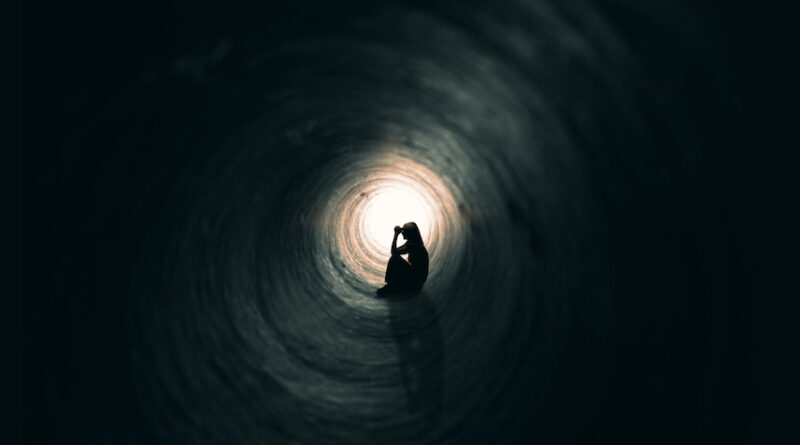Finding Light in the Darkness: Depression and how you should cope
Depression in society
Depression seems to become a very common problem in the modern world now, occurring in all kinds of people in society, adults who are already working, postpartum moms, and seniors who are already in their later years. However, only in the last decade or so, probably because of the increased academic pressure on the general public, the problem of Depression has become more and more reflected in students of all ages, whether you are a high school student, a college student or a graduate student. According to the results of a 2020 Healthy Minds Study report, it was found that 50 percent of nearly 33,000 college students in the U.S. suffer from either depression or anxiety, or both!
Even worse, though, depression is not limited to college students. It is possible for depression to start gradually in elementary, middle or high school. According to research, the average age of onset of depression is the late teens to early twenties, and 1 in 15 adults will experience some type of depression. These numbers and rates are obviously very alarming. Therefore, we should take the issue of depression more seriously and not think that it is just a very simple psychological problem. Depression can affect almost every aspect of your life – from your studies and classes to your social life. In some cases, depression can also lead to suicidal thoughts or thoughts of self-harm.
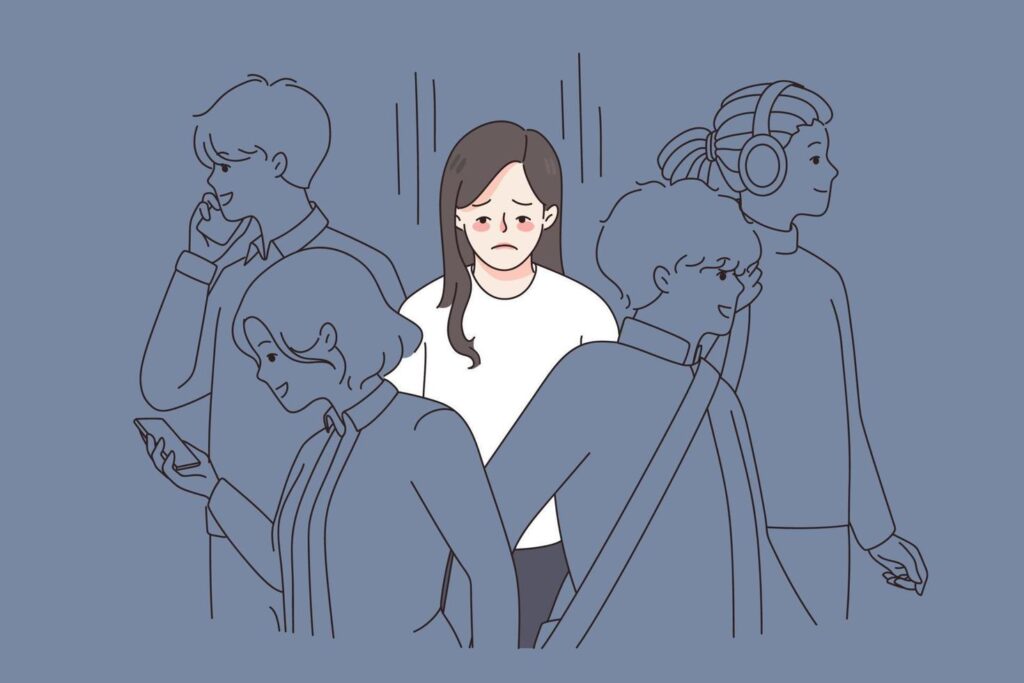
Signs of Depression in Students
In students, depression, generally speaking, may manifest itself in specific ways that may not be obvious at first. For example, a student suffering from depression may suddenly avoid gatherings with friends, suddenly not like to socialize, and still have trouble getting rid of endless anxiety even after exams or homework deadlines have passed.
You may be experiencing depression if you have had the following symptoms for most of the past two weeks:
- Persistent feelings of sadness
- Emotional outbursts or lashing out at people
- Feeling that you are “not good enough”
- Difficulty sleeping or sleeping too much
- Eating less or more than usual
- Lack of energy
- Difficulty remembering things
- Feeling like you don’t want to do anything
- Suicidal thoughts
- Feeling unwell and not knowing why
- Isolating or avoiding friends
- Weight changes
How should we as students cope with depression?
Get more outdoor exercise
As a student, it can be easy to put sports and exercise on the back burner because you simply don’t have the time or energy to exercise due to the daily academic pressure. However, exercise and sports can actually help students fight depression. You don’t need to go to the gym for an hour every day, instead, you just need to take a walk for at least ten minutes after school. By doing this exercise, your nerves and brain can take a break after a stressful day, and the outdoor sunshine can also help you regain a positive mentality.
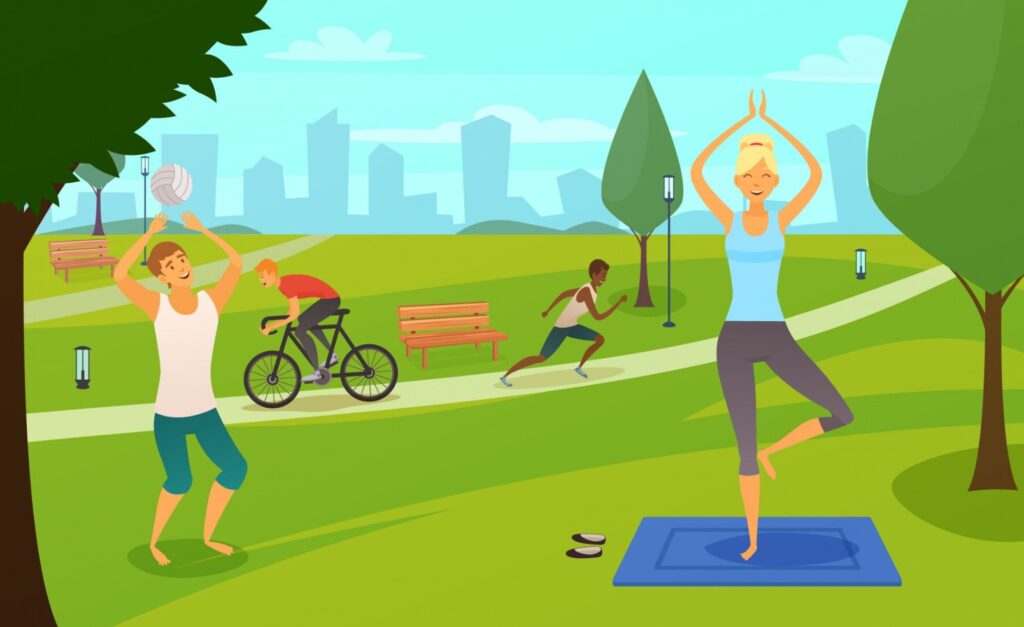
Engage in some regular socializing
Another important key step in preventing depression is social interaction. Spending time with supportive friends and family has many benefits, not the least of which is that you can share your thoughts with others in a timely manner, rather than holding all your negative thoughts to yourself. You can regularly ask your own friends to join you for a chat at a coffee shop, a stretch of dinner at a nearby restaurant, or even a study session at the library together. All you have to do is try as much as possible not to put yourself in an attitude of being very lonely and isolated from other people for a long period of time, because that will only further deepen your underlying depression.
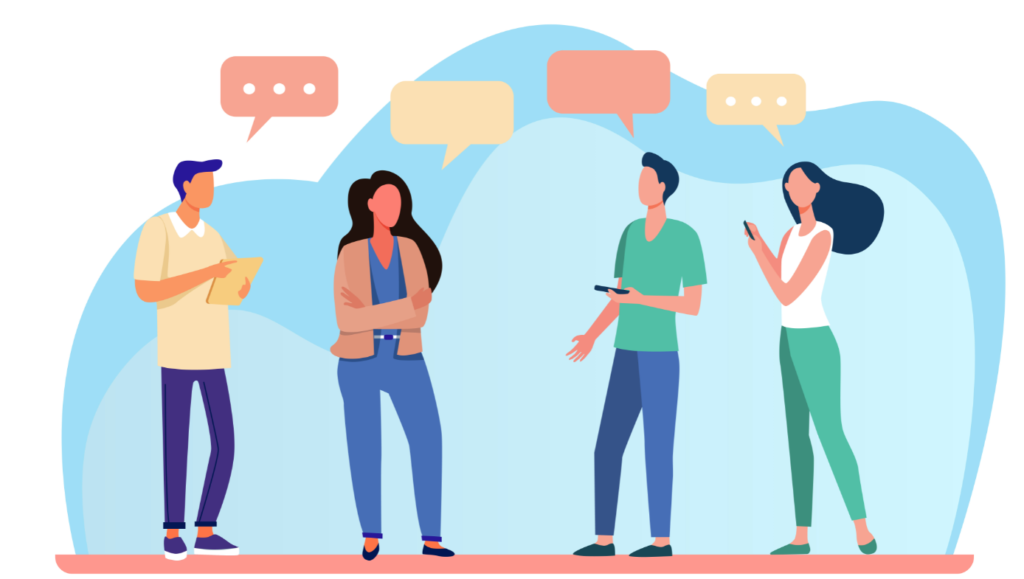
Specialized treatment for depression
If you find that your depression symptoms are severe and cannot be slowly recovered through the above two methods, please do not hesitate to seek professional treatment in time! You might consider making an appointment with a counselor at school, making an appointment with some other professional mental health specialist, and going to a specialized hospital to be prescribed some of the medications used to treat depression. It’s important remember that there is no shame in asking others for help, because only in this way can others heal you in the most timely manner and lead you to the light at the end of darkness!
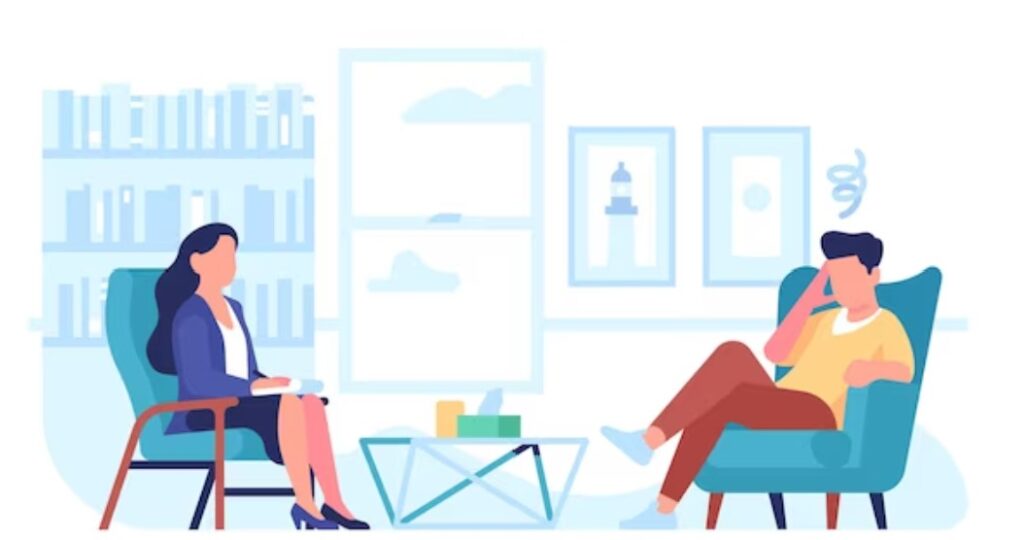
Sources:
- VanDerBill, B. (2021, June 22). What to know about Depression in Students. Psych Central. https://psychcentral.com/depression/depression-in-students#what-are-the-signs
- Healthy Minds Network. (2023, October 8). Home – Healthy Minds network. https://healthymindsnetwork.org/

